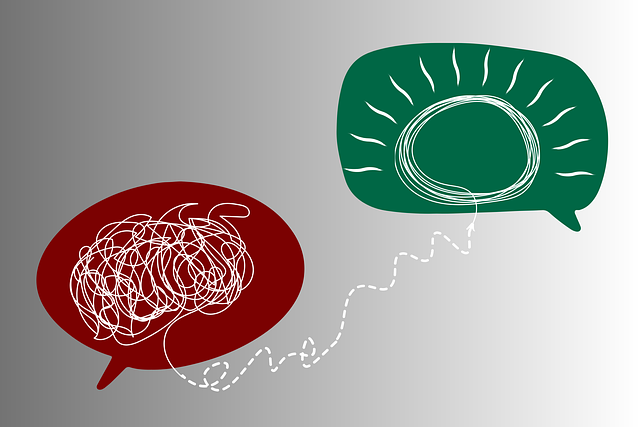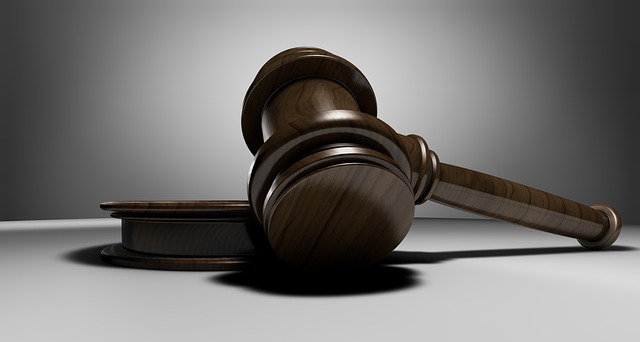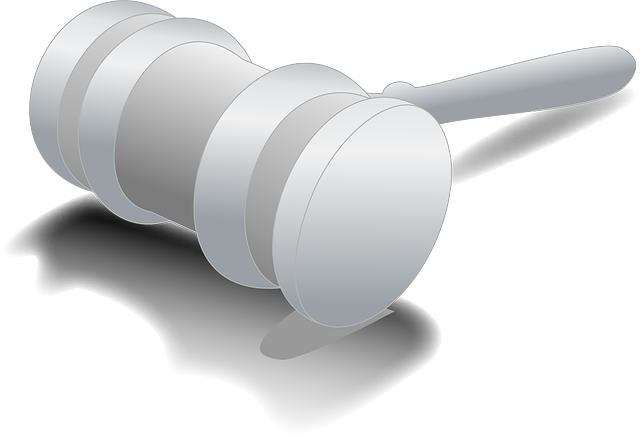Court orders, vital for legal process, dictate actions and restrictions with severe consequences for non-compliance, including contempt of court cases. These can lead to fines, imprisonment, disruption of proceedings, asset forfeiture, and even criminal charges. Maintaining compliance through active participation, understanding instructions, organized document management, and open communication prevents such cases. Legal professionals play a crucial role in interpreting orders, advising clients on consequences, and facilitating resolution before contempt escalates.
Ensuring compliance with court orders and judgments is a critical aspect of any legal proceeding, with dire consequences for non-compliance. This article delves into the intricacies of understanding court orders, exploring their key components and significant implications. We further examine the legal ramifications of contempt of court cases, providing practical tips for individuals to maintain adherence. Additionally, we highlight the pivotal role that legal professionals play in upholding court decisions. By navigating these aspects, individuals can ensure the efficient execution of judicial outcomes.
- Understanding Court Orders: Key Components and Significance
- Consequences of Contempt of Court: Legal Ramifications Explained
- Effective Strategies to Ensure Compliance: Practical Tips for Individuals
- Role of Legal Professionals in Upholding Court Decisions
Understanding Court Orders: Key Components and Significance

Court orders are legal documents that carry significant weight and are essential to maintaining order and justice within the legal system. Understanding their key components is crucial, especially for individuals or organizations subject to them. A court order typically includes specific commands or restrictions imposed by a judge, such as payment of damages, asset seizures, or compliance with certain procedures. Each component serves a vital role in ensuring fairness and accountability.
The significance of court orders lies in their ability to enforce legal decisions and resolve disputes. Non-compliance can lead to serious consequences, including contempt of court cases, where individuals or entities may face penalties for deliberately ignoring or failing to adhere to the ordered provisions. These orders are not merely suggestions but binding instructions that all parties involved must respect and follow to maintain the integrity of the judicial process.
Consequences of Contempt of Court: Legal Ramifications Explained

The consequences of contempt of court can be severe, with legal ramifications extending far beyond monetary fines or jail time. In contempt of court cases, individuals or entities found guilty may face significant impacts on their freedom and financial stability. Fines, imprisonment, or both, are common punishments aimed at enforcing compliance with court orders. More importantly, a finding of contempt can lead to the disruption or invalidation of legal proceedings, setting back cases and causing undue delay.
Additionally, contempt of court can result in civil penalties, such as the loss of property or assets, and even criminal charges for repeated or intentional violations. These consequences serve as strong deterrents, emphasizing the importance of adhering to judicial decisions. The severity of these legal ramifications underscores the gravity of disobedience in a court of law, where respect for the process is paramount.
Effective Strategies to Ensure Compliance: Practical Tips for Individuals

Ensuring compliance with court orders and judgments is paramount for individuals to maintain legal integrity and avoid potential consequences, including contempt of court cases. To remain in adherence, consider implementing proactive strategies. Firstly, actively participate in all court proceedings, ensuring clear understanding of orders and deadlines. Regularly review and internalize the court’s instructions to stay aligned with expectations.
Additionally, establish an organized system for document management, meticulously storing and labeling legal papers. This systematic approach facilitates easy access when required, enabling prompt response to any requests or modifications. Furthermore, maintain open lines of communication with legal representatives to promptly address concerns or ambiguities regarding orders, thereby reducing the risk of non-compliance.
Role of Legal Professionals in Upholding Court Decisions

Legal professionals play a pivotal role in upholding and ensuring compliance with court orders and judgments. They are responsible for interpreting complex legal documents, providing guidance to clients, and representing them during proceedings. In cases involving contempt of court, lawyers have an ethical obligation to ensure their clients understand and adhere to the court’s decisions. This includes advising on potential consequences, such as fines or imprisonment, for failing to comply with orders.
Moreover, legal professionals act as intermediaries between the court and the parties involved. They facilitate communication, ensuring that all necessary information is accurately conveyed. In instances where there are discrepancies or misunderstandings, they can assist in resolving these issues before they escalate into more serious contempt of court cases. Their expertise helps maintain the integrity of the judicial process, fostering a culture of respect for and adherence to court orders.






